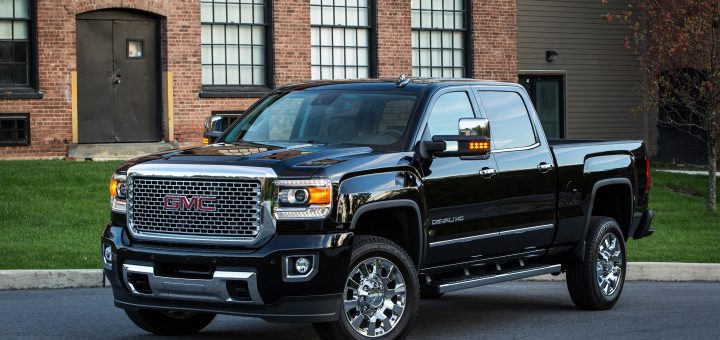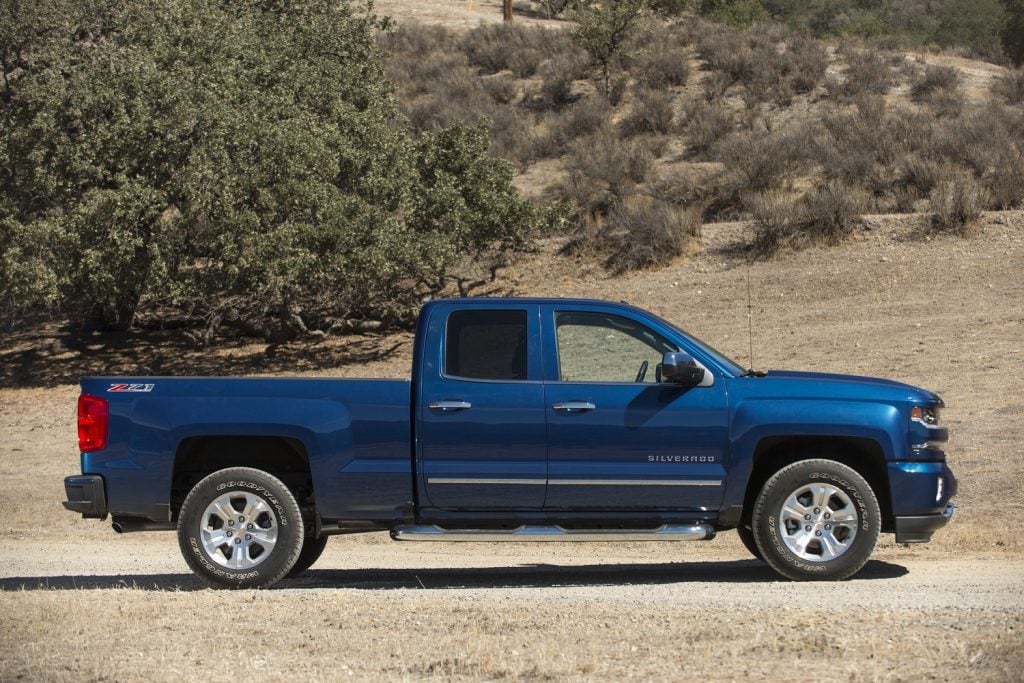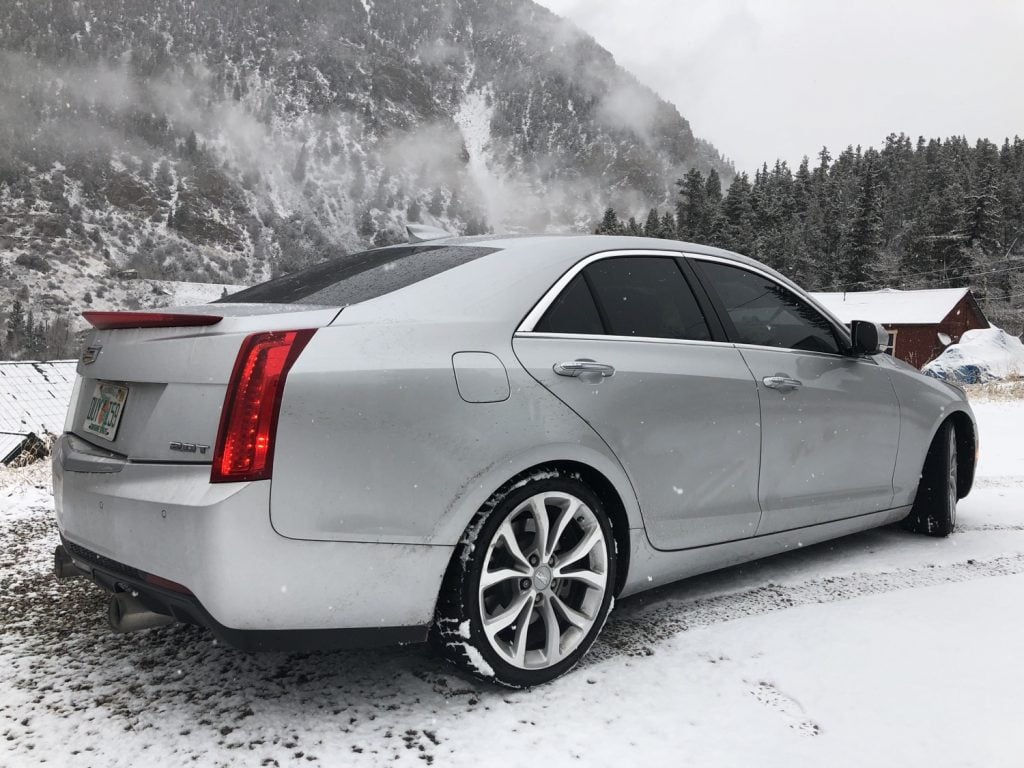
Sponsored Links
The lawsuit filed against GM for allegedly and knowingly selling vehicles with defective transmissions entered a new phase as Eastern District of Michigan judge David Lawson granted it class action certification.
The judge certified the Speerly vs. GM lawsuit on Monday, March 20th, the Detroit Free Press reports. The suit was originally filed over a year ago in January 2022 on behalf of 39 plaintiffs in 26 U.S. states.
The class action lawsuit claims the its 8L45E and 8L90 eight-speed automatic transmissions in thirteen different GM vehicle models produced between 2015 and March 1st, 2019 are defective. The models included in the suit are listed below.
- 2015-2019 Cadillac Escalade/Cadillac Escalade ESV
- 2016-2019 Cadillac ATS
- 2016-2019 Cadillac ATS-V
- 2016-2019 Cadillac CTS
- 2016-2019 Cadillac CTS-V
- 2016-2019 Cadillac CT6
- 2015-2019 Chevrolet Silverado
- 2017-2019 Chevrolet Colorado
- 2015-2019 Chevrolet Corvette
- 2016-2019 Chevrolet Camaro
- 2017-2019 GMC Canyon
- 2015-2019 GMC Sierra
- 2015-2019 GMC Yukon/Yukon XL
The lawsuit alleges that the affected transmissions are a safety hazard because they can “slip, buck, kick, jerk and harshly engage” from time to time. This, according to the plaintiffs, “causes the vehicle to perform erratically, such as with sudden or delayed acceleration” and sometimes makes it feel as if another car collided with the vehicle when the transmission shifts.
Attorney Ted Leupold of Cohen Milstein claims GM “knowingly sold over 800,000 eight-speed transmission vehicles, which they knew to be defective,” citing the subsequent issuance of more than 60 service bulletins related to the transmissions as proof.
Leupold also alleges “dealers were directed to tell the customers that harsh shifts were ‘normal’ or ‘characteristic’” and described The General’s actions as “highly irresponsible and emblematic of what GM believes it can get away with.”
No injuries or deaths have been connected to the “startling” transmission shifts. The sudden, violent shifts and other problems allegedly result from excess friction in the torque converter caused by internal transmission fluid starvation.
The lawsuit seeks compensation for allegedly excessive payment for defective vehicles or payment for the expenses of transmission replacement. Speerly vs. GM also demands that GM reform its warranties to address these transmission problems and also issue a recall for affected vehicles.
If the torque converter problems result from a design defect and not a manufacturing defect, they are not covered by GM warranties, which currently only provide coverage against manufacturing defects. GM sought to have a similar lawsuit dismissed in August 2021 based on the problem being a design defect.
Maria Raynal, a GM representative, said in response to Monday’s class action certification that “we respectfully decline comment, as is generally our practice with ongoing litigation.”




